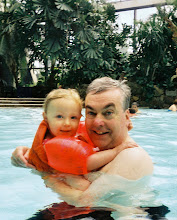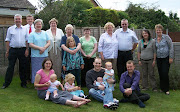At the moment I am half way through Eugene Peterson's book 'The Word made flesh'. The first part of the book observes the ten parables that are unique to Luke's Gospel and are part of what Peterson's describes as Luke's travel narrative(9:51-19:44). In describing the parable of 'Lazarus and the rich man', Peterson quotes NT Wright - 'the parable is not, as often supposed, a description of the afterlife, warning people to be sure of their ultimate destination.... the reality is uncomfortably different..... rather what was happening to both rich and poor in the present time. Jesus' welcome of the poor and outcast was a sign that the real return from exile, the new age, the 'resurrection', is coming into being; and if the new age is dawning, those who want to belong to it will have to repent'( 'Jesus and the Victory of God').
Peterson suggests that this parable "enlists our imagination to grasp more than our immediate feelings and surroundings - other lives, other circumstances, other possibilities. Once we are free of being stuck in the mud of our sinful, self-absorbed, self-contained "miry clay" of ego, our imaginations can be a catalyst for faith that the Spirit uses to create something out of nothing, the assurance of things hoped for, the conviction of "things not seen... that the worlds were prepared by the word of God, so that what is seen was made from things that are not visible"(Hebrews 11:1-3).( p116)
Peterson then quotes from his own paraphrase of these verses in The Message, - faith is "the firm foundation under everything that makes life worth living.... our handle on what we can't see... by faith, we see the world called into existence by God's word, what we see created by what we don't see."
Subscribe to:
Post Comments (Atom)





No comments:
Post a Comment